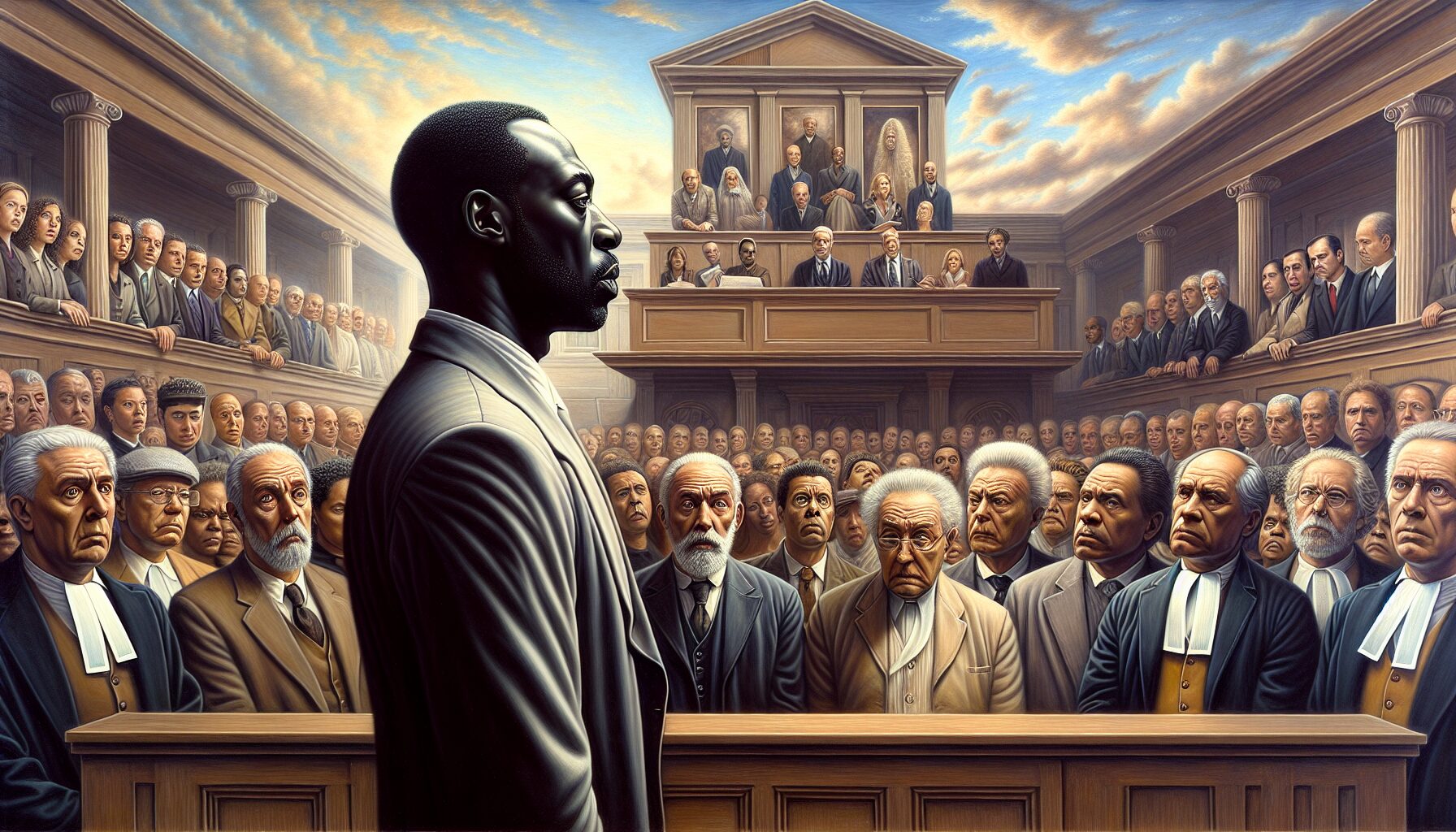In today’s secular landscape, individuals who stand firm in their faith often find their sincerity misinterpreted as defiance. This phenomenon, which seems more pronounced in certain cultural contexts, raises important questions about the balance between religious conviction and societal expectations.
The idea of being sincere in one’s beliefs is deeply rooted in many religious traditions. For instance, in Christianity, the Apostle Paul writes, “Let love be genuine. Abhor what is evil; hold fast to what is good” (Romans 12:9, ESV). This passage emphasizes an earnest devotion to one’s core beliefs, irrespective of external pressures.
“If we are faithless, He remains faithful, for He cannot disown Himself.” (2 Timothy 2:13, NIV)
However, this earnestness can sometimes be viewed as opposition, especially when personal beliefs clash with dominant cultural narratives. Here, we explore why this misinterpretation occurs and how individuals can navigate this challenging landscape.
The Roots of Misinterpretation
- Cultural Differences: In a rapidly globalizing world, diverse belief systems often intersect, leading to misunderstandings. What one group views as steadfastness, another may perceive as obstinacy.
- Historical Context: Throughout history, religious fervor has occasionally led to conflict and division, shaping the public perception of faithfulness as potential rebellion. The Reformation or the Crusades serve as historical examples of religious conviction leading to societal upheaval.
- Secularization: According to a report from the Pew Research Center, the decline of organized religion has cast traditionally religious practices in a new light, where devout commitment can seem anachronistic or even contrarian.
When Sincerity Breeds Misunderstanding
Misinterpretation of sincerity as defiance can occur in various scenarios:
- Workplace Challenges: A person refusing to work on a sacred day may face challenges. For instance, an employee might insist on observing the Sabbath, which could be perceived wrongly as a lack of commitment to their job.
- Public Discourse: In debates over contentious issues like abortion or marriage, those with religious objections may be seen as backward or intolerant, rather than principled.
- Interpersonal Relationships: Families with mixed belief systems might struggle when one member’s religious practices are seen as stubbornness rather than devotion.
Navigating the Terrain of Faith and Society
For those who find themselves caught in the crossfire of misunderstanding, several strategies can be particularly effective:
- Dialogue and Education: Engaging in open dialogues can bridge gaps. As sociologist Peter L. Berger notes, “To exist is to be in a situation” (“The Social Construction of Reality”). Understanding others’ situational contexts can demystify perceived defiance.
- Empathy and Patience: Adopting an empathetic approach can ease tensions. Being patient and explaining one’s beliefs without defensiveness helps foster mutual respect.
- Community Support: Religious communities often provide a sanctuary for individuals experiencing societal misinterpretation. These networks can offer comfort and collective strength.
- Balancing Compromise and Conviction: Finding a middle ground does not necessarily entail compromising values. Rather, it’s about maintaining integrity while respecting differing views.
- Legal Protections: In many countries, legal frameworks are in place to protect religious expression. Familiarity with these laws can empower individuals to assert their rights without fear.
Despite the challenges, it’s crucial to note that the sincerity of faith carries profound value not only for the individual but also for society. History is replete with examples of faith-driven individuals who, while misunderstood initially, eventually inspired transformative change. From Martin Luther King Jr. to Mahatma Gandhi, these leaders exemplified how steadfast faith can serve as a beacon for justice and progress.
Conclusion
In an era where personal beliefs are aired in the court of public opinion more than ever, understanding the fine line between sincerity and perceived defiance is essential. For the faithful, the challenge lies not in altering their convictions but in finding the wisdom to express them in ways that promote understanding and coexistence.
In the words of Mahatma Gandhi, “Faith must be enforced by reason. When faith becomes blind, it dies.” True understanding blossoms not through confrontation but through sincere, reasoned dialogue.
